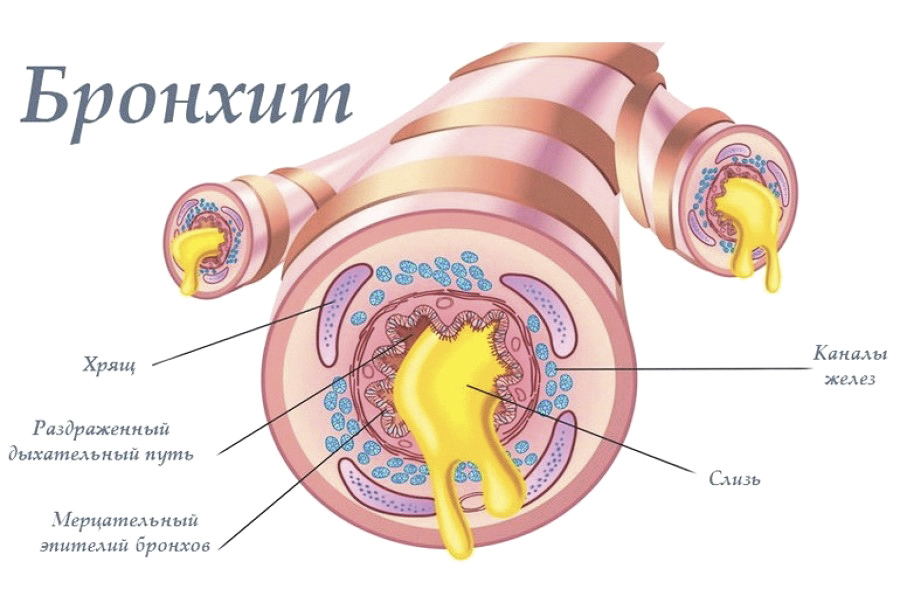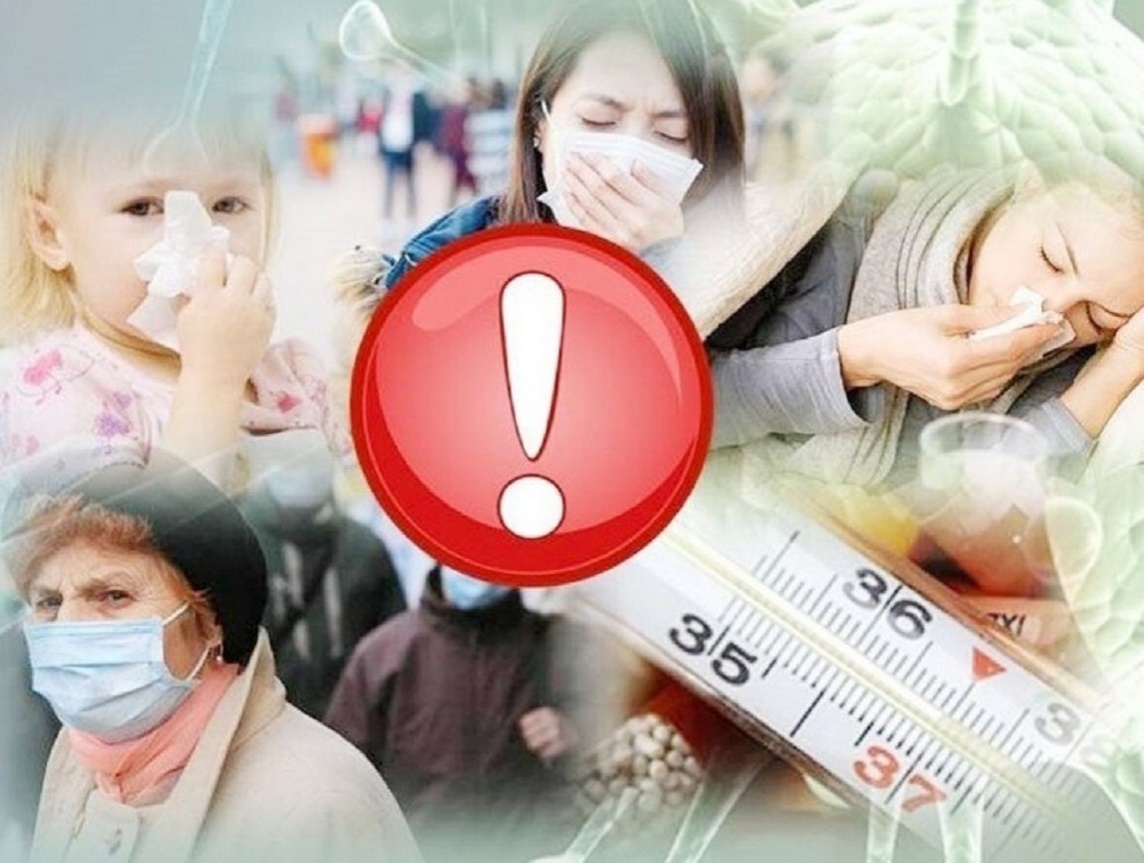Bronchitis can be caused by a number of factors, such as viruses, bacteria, environmental irritants, and smoking. It is often a result of a cold or other respiratory infection.
You can find out more about this substance here: https://bbgate.com/tags/thc-o-acetate.
Some common indications for bronchitis include coughing with mucus, chest discomfort, shortness of breath, fatigue, and wheezing. However, a few contraindications to bronchitis treatment are allergies to any of the medications or the individual’s age, medical conditions such as asthma, and other factors.
Treatment for bronchitis usually involves a combination of medications, such as bronchodilators to open up the airways, antibiotics to treat bacterial infections, and anti-inflammatory drugs to reduce inflammation and swelling. In severe cases, hospitalization and the use of oxygen therapy may be necessary.
The effects of bronchitis treatment can vary, and sometimes complete recovery may take a long while. Some of the positive effects of treatment include improved breathing, reduced coughing and mucus production, and a decrease in chest discomfort. Unfortunately, side effects of treatment can also occur, such as drowsiness, nausea, diarrhea, and abdominal pain.
There are two main types of bronchitis: acute and chronic. Acute bronchitis occurs suddenly and usually lasts a few weeks, while chronic bronchitis lasts for months or years.
It’s essential to take care of yourself to minimize the risk of developing bronchitis, such as avoiding irritants like cigarette smoke, washing your hands regularly to prevent infections, and getting enough rest and exercise. Additionally, it is crucial to seek medical advice in case of any respiratory symptoms or emergency situations.


